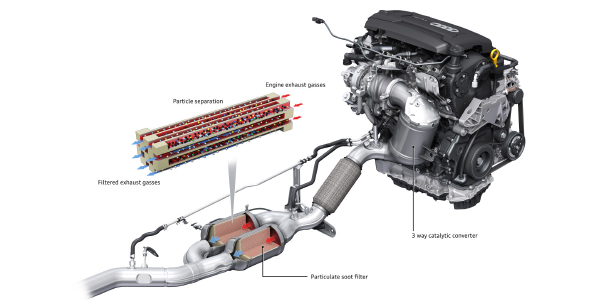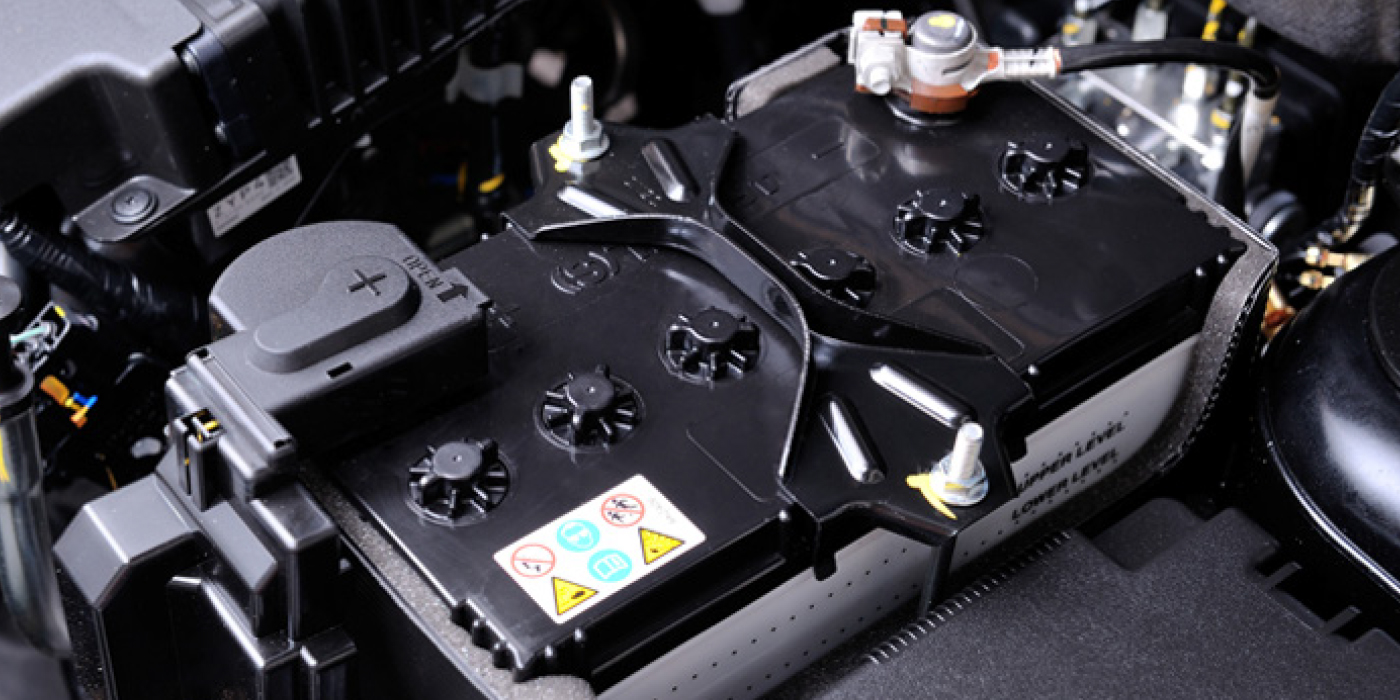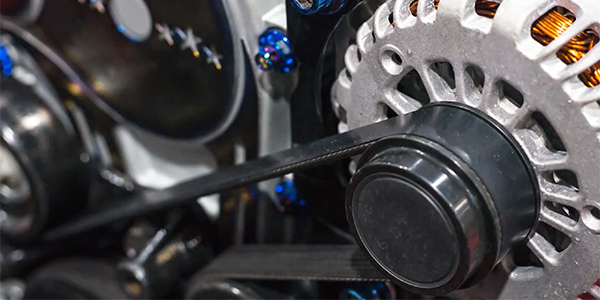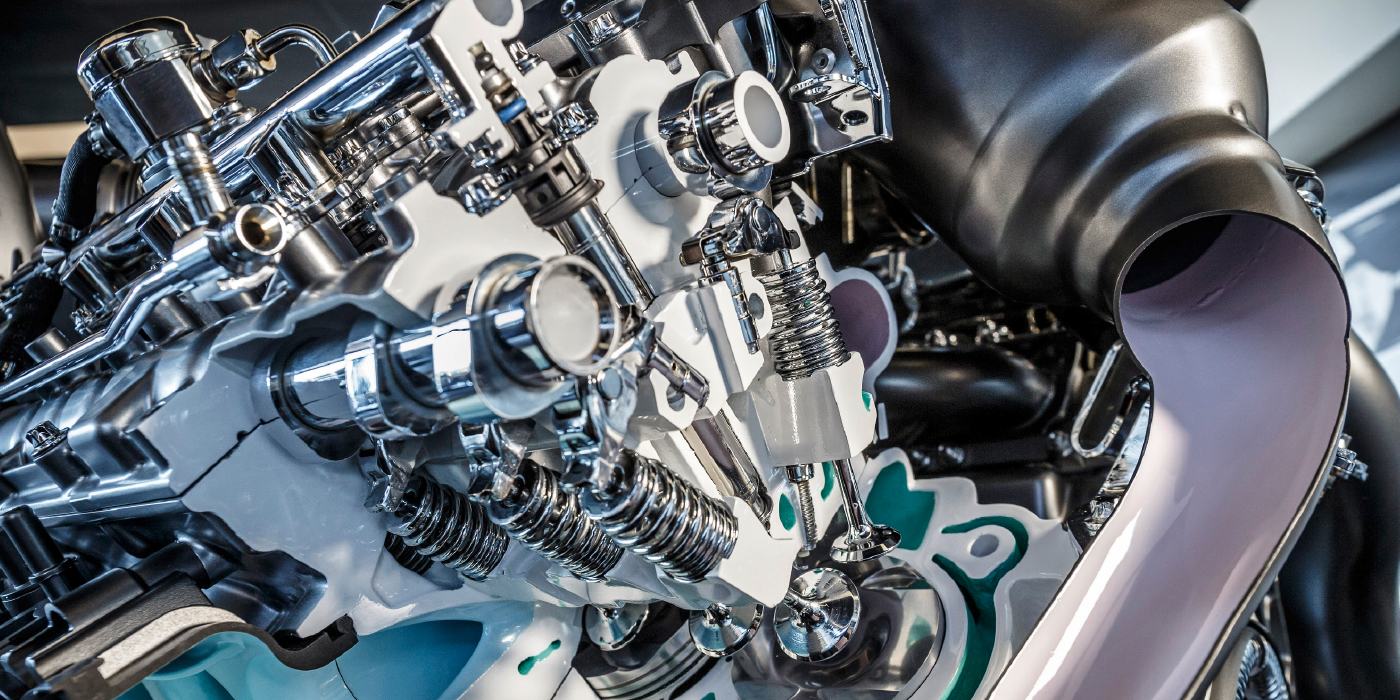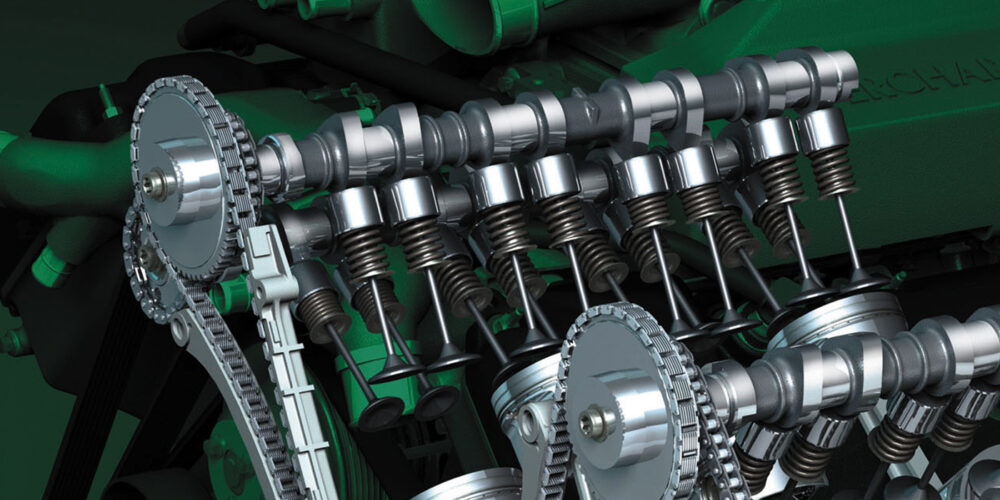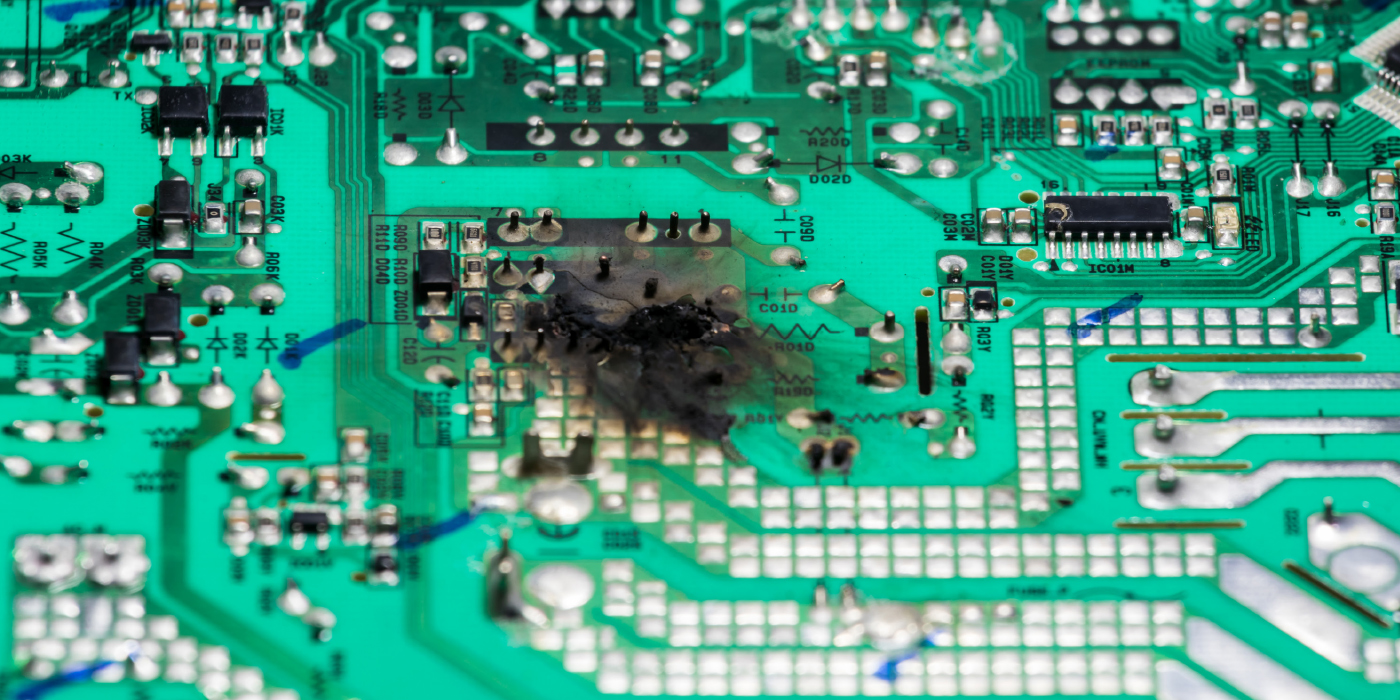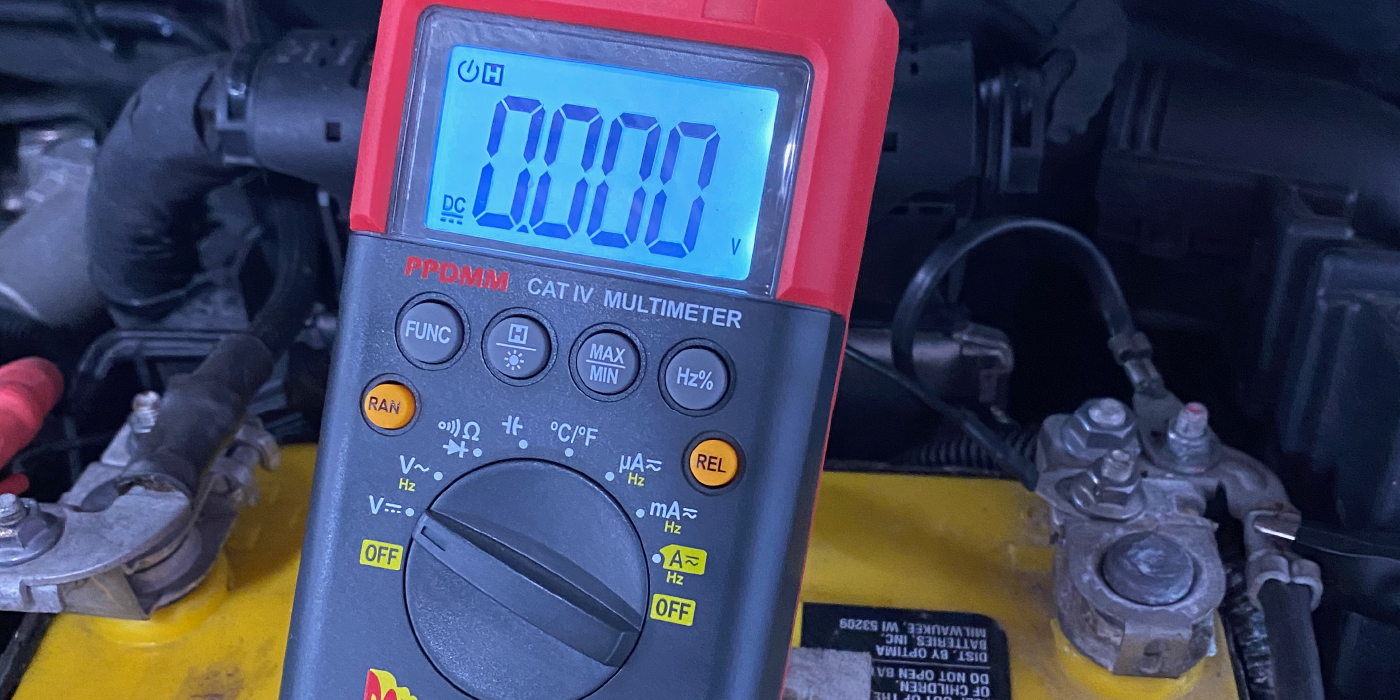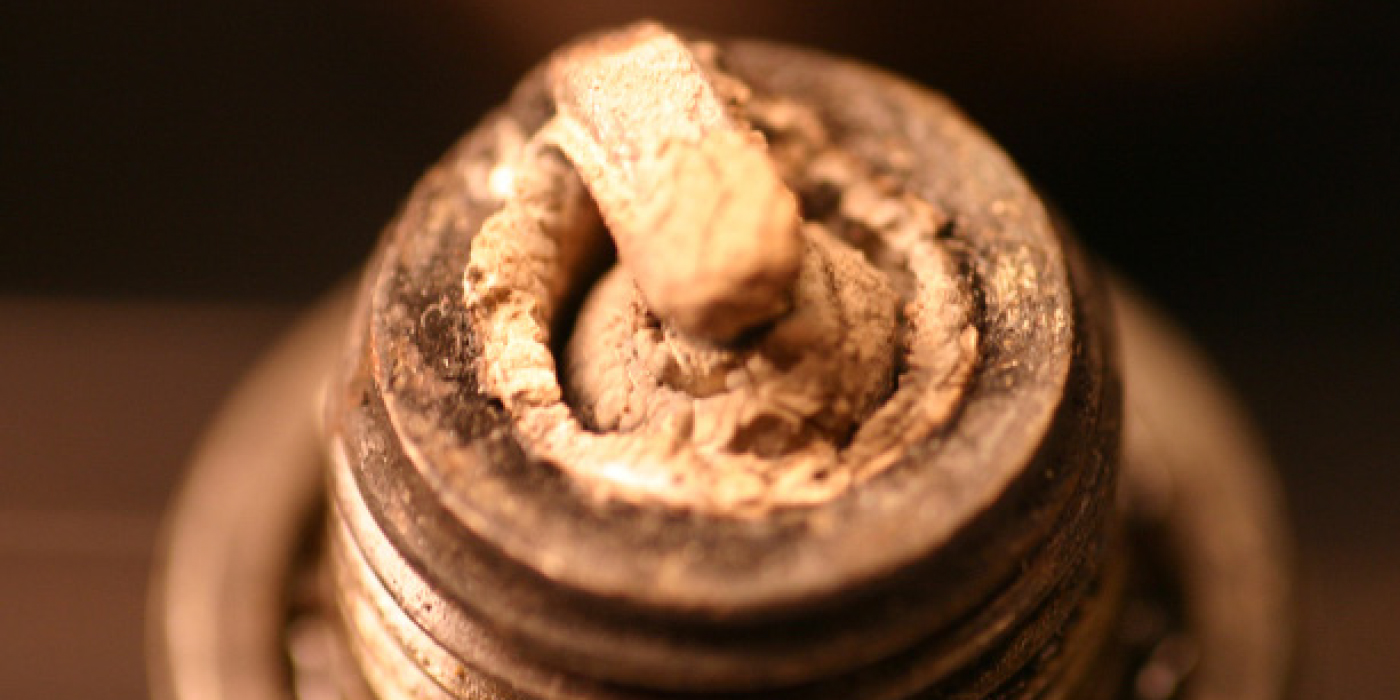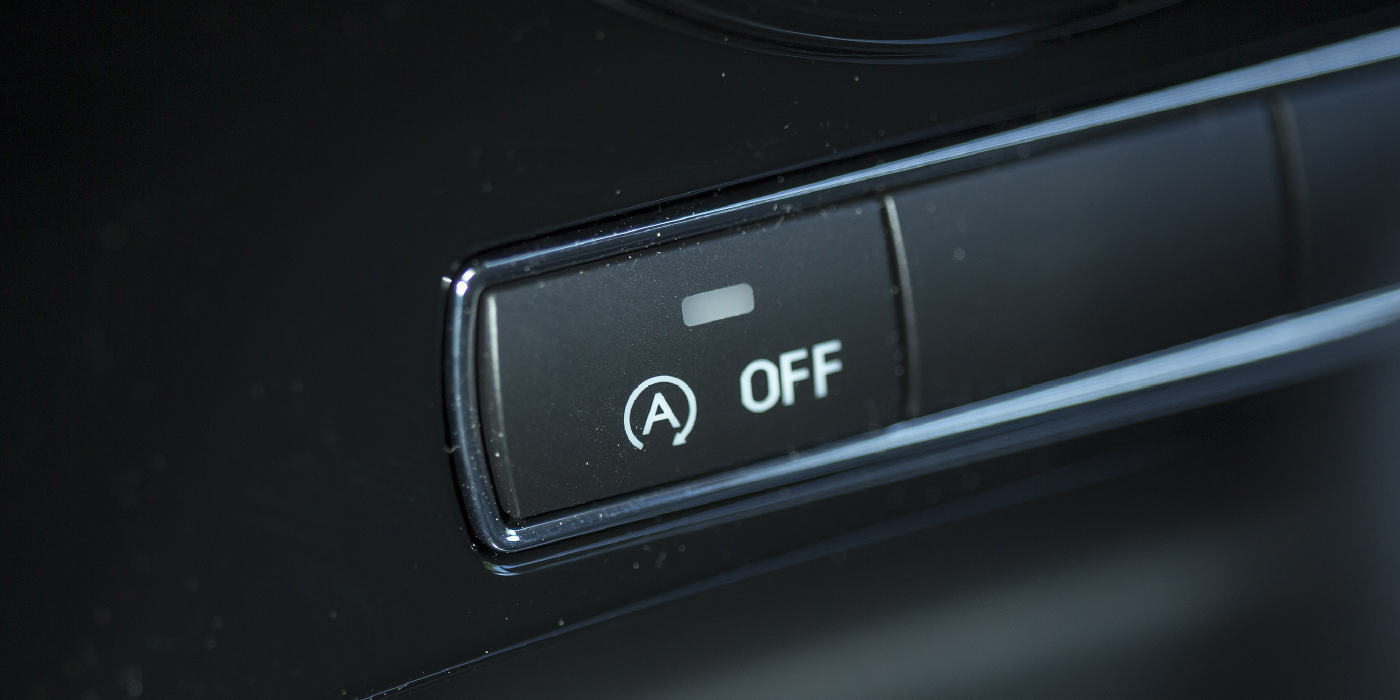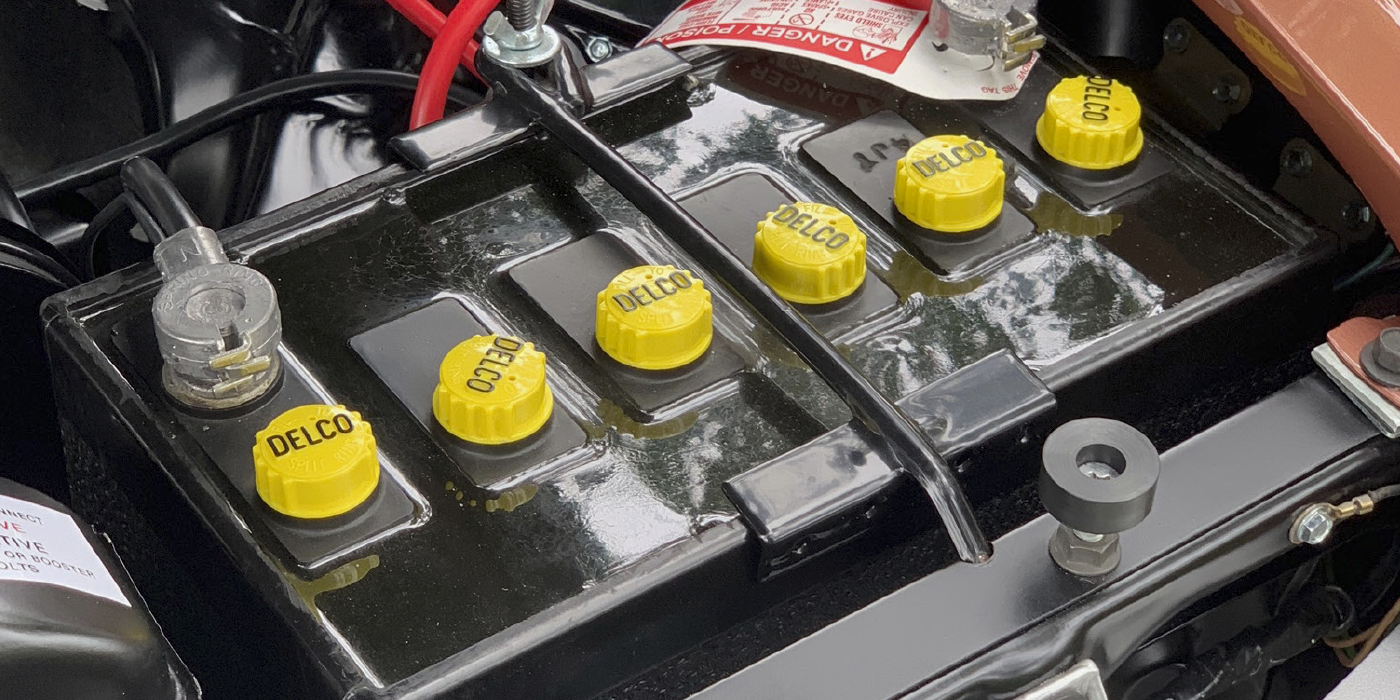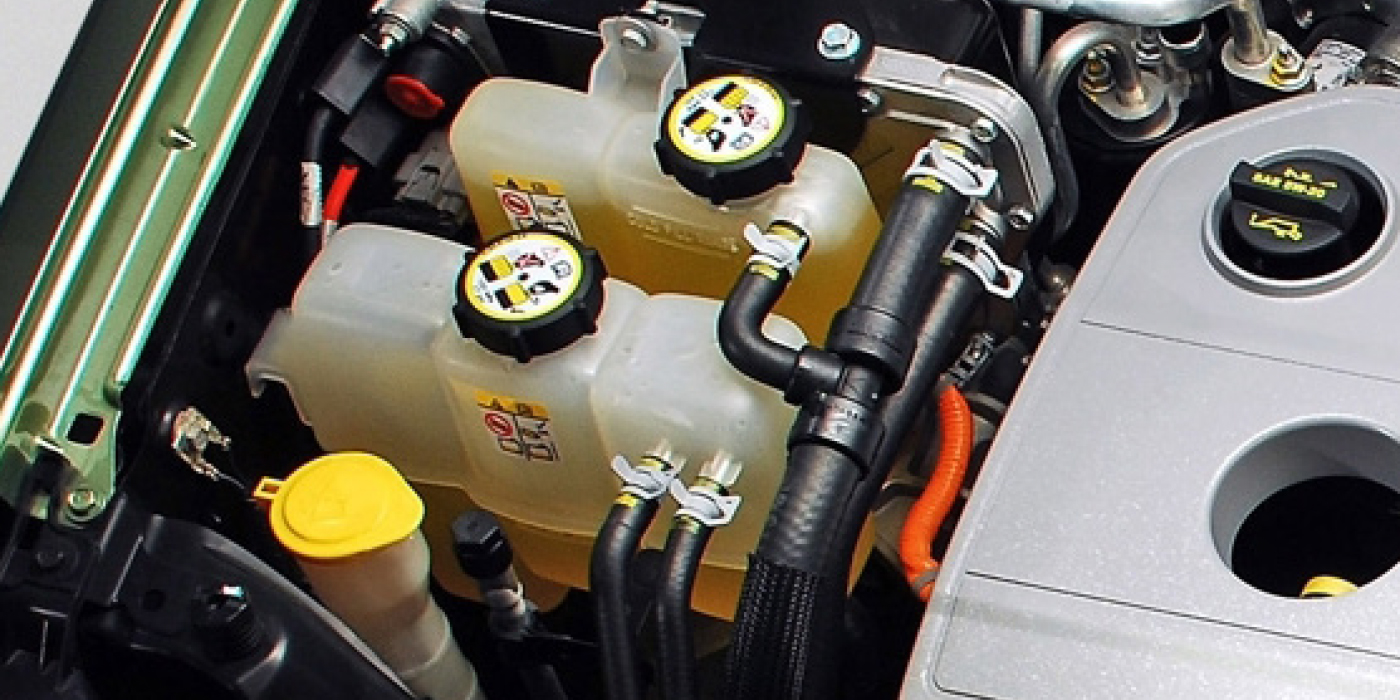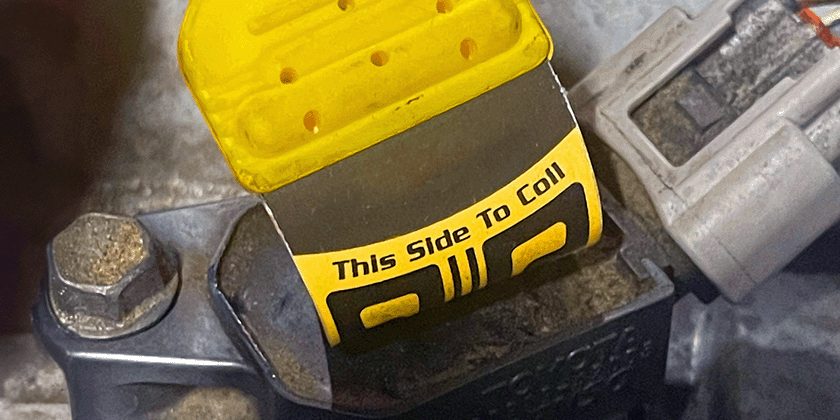This bulletin involves replacing the PCV hose to prevent interference with the bottom of the wiper module.
Models affected:
• 2005 (RG) Chrysler Voyager (International Markets)
• 2005 (RS) Town & Country/Caravan/Voyager
Note: This bulletin applies to 2005 RS or RG vehicles equipped with a 3.3/3.8L engine (sales code EGA, EGH and EGM):
– built at St. Louis assembly between Nov. 10, 2004 (MDH 1110XX) and May 13, 2005 (MDH 05113X)
– built at Windsor assembly between Nov. 7, 2004 (MDH 1107XX) and May 11, 2005 (MDH 0511XX)
– built at Graz assembly between Nov. 20, 2004 (MDH 1120XX) and May 27, 2005 (MDH 0527XX)
Symptom/Condition
A squeak sound heard after light throttle tip-in. The squeak is not heard at idle or under heavy load.
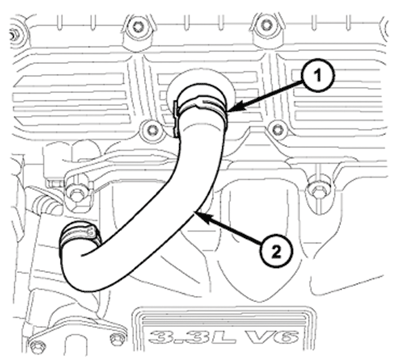 Diagnosis
Diagnosis
Open the hood and inspect the PCV hose for signs of contact with the bottom of the wiper module. If the PCV hose is contacting the bottom of the wiper module, proceed to the repair procedure. It may be necessary to start the vehicle and apply a light throttle tip-in while looking to see if the hose is contacting the bottom of the wiper module.
If the PCV hose is not contacting the bottom of the wiper module, this bulletin does not apply and further diagnosis is required to determine the cause of the squeaking sound.
Repair Procedure
1. Remove the PCV hose.
2. Replace the PCV hose with P/N 04781252AE. Be sure to orientate the PCV hose clamp correctly on the valve cover (Figure 1).
Courtesy of Mitchell 1.

